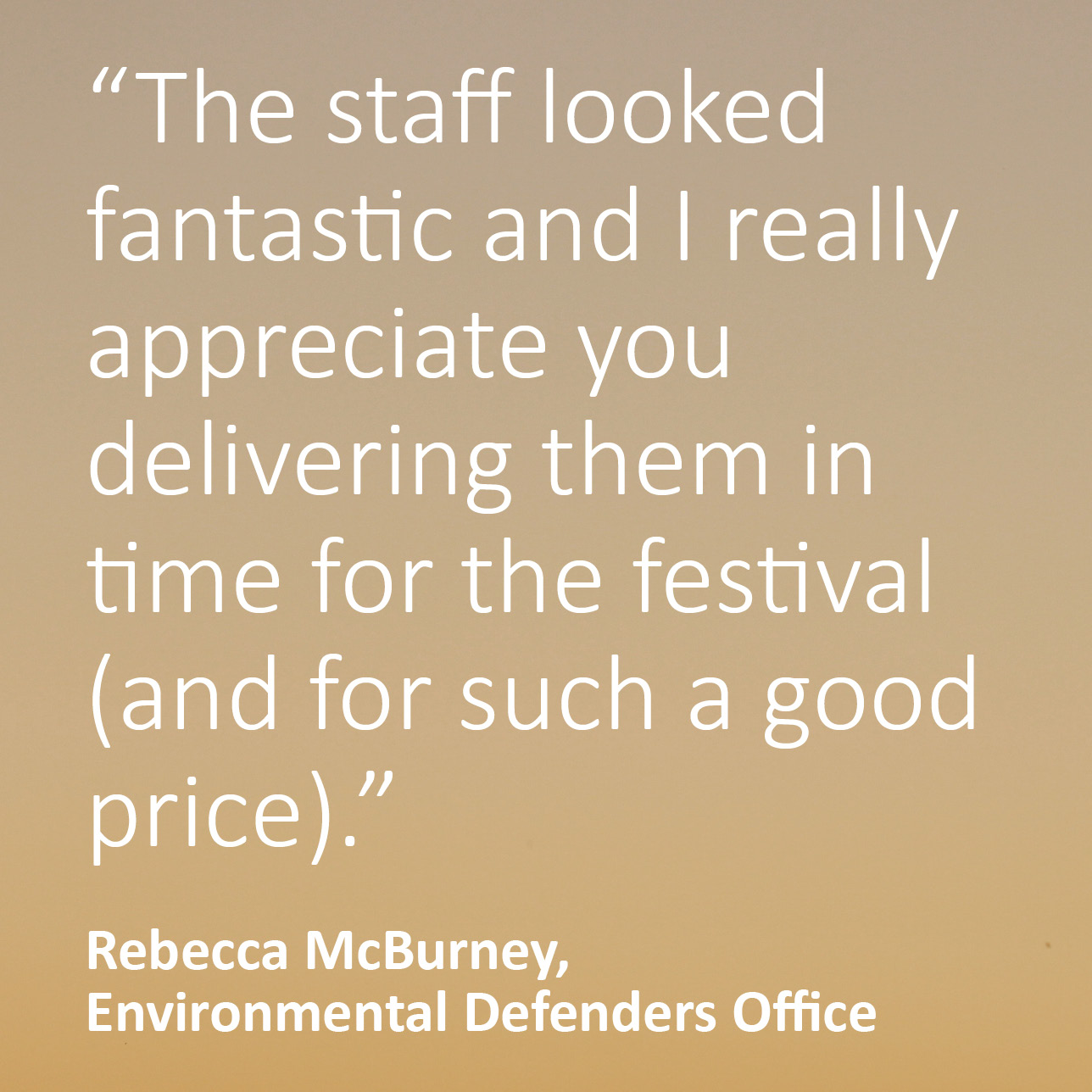WHY FAIR TRADE? | WHY CHOOSE ORGANIC? | F.A.Q.s
What's wrong with 'conventional' cotton?
If you think cotton is a safe choice because it is 'natural', think again.
Until about 50 years ago, cotton-growing mainly involved sustainable techniques: it did not permanently deplete resources or create a health hazard. Today, however, the pesticides used on 'conventional' cotton increasingly threaten people, wildlife and the environment. Most pesticides were originally developed as toxic nerve agents during WWII and it is no wonder they have been linked to many forms of cancers. Conventionally-grown cotton occupies only 3% of the world's farmland, but uses 25% of the world's chemical pesticides.
Ironically, it is estimated that less than 10% of the chemicals applied to cotton accomplish their task, the rest are absorbed into the plant, air, soil, water and eventually, our bodies. Sprayed from the air, these highly toxic chemicals can drift into surrounding areas, poison farm workers, contaminate air, ground and surface water and cause major eco-system imbalances.
As insects gradually become resistant to pesticides, ever-increasing amounts are applied to be effective, resulting in massive ecological disasters and crop failures. These hazardous pesticides also pose an increasing danger to wildlife It doesn't end there. Conventional cotton is also a major user of toxic herbicides, fungicides and defoliants. During processing, it is subjected to chlorine bleach, heavy metal dyes and formaldehyde resins (the hidden hazard of 'easy care treatments'). The bleach is almost worse than pesticides, causing myriad health problems and vast environmental damage.
Additionally, genetically modified cotton now accounts for 75% of cotton grown conventionally. It is no comfort that cotton is also a food crop: cottonseed oil is used in many processed and snack foods and cottonseed is used in cattle feed.
How is organic cotton better?
Organic cotton represents a return to safe and sustainable practices. It is grown with natural fertilisers and is free from toxic chemicals. Organic farmers rely on crop rotation to replenish and maintain soil fertility. Mechanical cultivation and botanical or biological means are used to control pests and weeds.
A field must be pesticide-free for at least three years to be certified organic, and the cotton must be processed according to international organic standards.
The standards also set strict guidelines for transportation and storage to avoid cross-contamination.
Some of the benefits of organic cotton are:
- Manual farming and organic practices have a lower carbon footprint as the entire process consumes less fuel and energy and emits fewer greenhouse gases.
- Not from genetically modified cottonseed.
- Grown with natural rather than synthetic pesticides and fertilisers, no chemical defoliants used.
- Eco-friendly processing that does not compromise workers' health and helps reduce water and electricity use and toxic runoff, e.g. non-chlorine bleach, silicon-free softeners and low impact, azo-free dyes.
- Strict testing ensures the absence of contaminants like nickel, lead, formaldehyde, amines, pesticides and heavy metals.
- People with allergies and chemical sensitivity especially benefit from organic cotton clothing, as conventional cotton may retain harmful toxic residues. Even if you don't have sensitive skin, organic cotton will just feel better against your skin.
Organic Farming Has Social and Human Benefits Too
Conventional farming endangers farm workers and their families. There are innumerable cases of serious pesticide-related health problems, including birth defects, long-term memory loss, paralysis and death. Unprotected storage, improper application methods and lack of proper handling is not uncommon, and often leads to tragic accidents.
As pests develop resistance, farmers desperate to keep up yields often resort to more and more applications of expensive pesticides. The chemical treadmill leaves them heavily in debt, and caught in a vicious circle. Facing barren, devastated fields and contaminated water, many small farmers have been forced to abandon their livelihood altogether.
Organic farming, on the other hand, is not only safer and healthier for farmers, but also encourages just economic systems in the supply chain. It provides an economically viable and socially acceptable alternative to large-scale farming and dependence on subsidies.
For more information about organic certification visit
www.global-standard.org.















